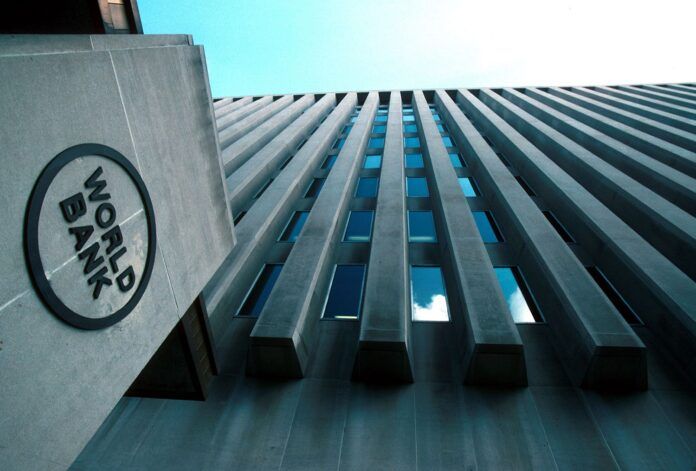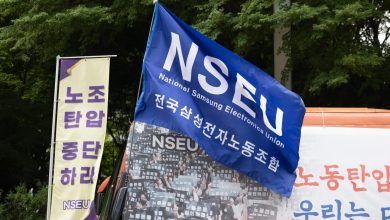
The World Bank has approved $1.08 billion in financing to support education, nutrition, and economic growth in Nigeria. This funding includes $500 million in additional financing for the Community Action for Resilience and Economic Stimulus Programme, $80 million for the Accelerating Nutrition Results in Nigeria (ANRIN 2.0), and $500 million for the Hope for Quality Basic Education for All (HOPE-EDU) initiative.
A statement from the World Bank on Wednesday explained that the concessional loans are aimed at improving education quality, building household and community resilience, and enhancing nutrition for underserved populations.
The statement read, “The World Bank has approved three operations in Nigeria, totaling $1.08 billion in concessional financing, to enhance education quality, build household and community resilience, and improve nutrition for underserved groups.”
The NG-CARES Programme, originally launched to address the economic fallout of the COVID-19 pandemic, will continue supporting the Nigerian government’s efforts to expand access to livelihood support, food security services, and grants for vulnerable households.
The program has already reached over 15 million beneficiaries and has evolved into a flexible platform offering multisectoral interventions such as social transfers, public works, livelihood grants, and small business support. This new funding will expand the programme’s reach, especially as Nigeria faces economic challenges linked to the 2023 fuel subsidy removal and foreign exchange rate unification.
The Accelerating Nutrition Results in Nigeria programme focuses on improving nutrition services for pregnant women, lactating mothers, adolescent girls, and children under five. Ndiamé Diop, World Bank Country Director for Nigeria, emphasized, “Investing in human capital is critical for Nigeria as it offers the best opportunity to unlock the enormous potential of the country.”
The programme is designed to enhance maternal and child health, food security, and nutrition services in selected regions. It aligns with Nigeria’s National Development Plan (2021–2025) and the Multisectoral Plan of Action for Food and Nutrition, aiming to improve feeding practices, increase access to micronutrient-rich foods, and provide both preventive and curative nutrition interventions. ANRIN 2.0 builds on the success of its predecessor, which provided nutrition services to over 13 million children under five between 2018 and 2024.
The HOPE-EDU initiative, part of a series of interconnected operations, will focus on improving foundational literacy and numeracy, increasing access to basic education, and strengthening education systems across participating states.





